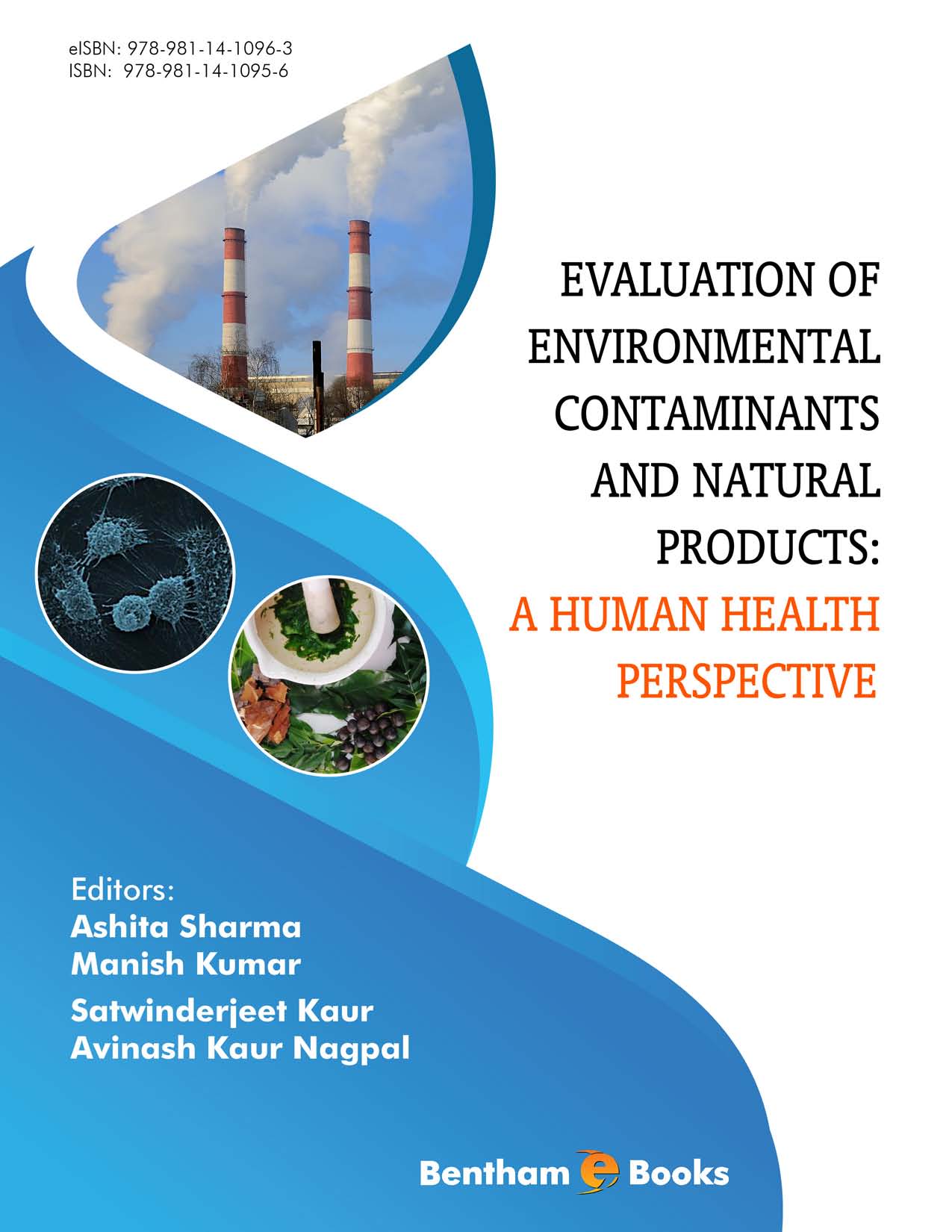Introduction
Unbridled urbanization and development of natural land resources has led to the degradation of our surrounding environment. The air that we breathe, the water we drink and the food we eat is at risk of being contaminated with a plethora of chemical pollutants, some of them being potentially carcinogenic. This presents a challenge to human health. This book attempts to address this challenge in two parts which represent two different approaches. The first part of the book summarizes the alarming effects of environmental contaminants. Various studies depicting the direct relationship of environmental contaminants with cancer incidence have been referenced. Scientific studies have established an inverse relation between cancer and ingestion of dietary phytoconstituents (phytochemicals) in the form of fruits, vegetables and botanical herbs. Plant products as dietary supplements can suppress contaminant toxicity by regulating the resulting reactive species and also by assisting their bodily excretion through Phase 1 and Phase 2 enzyme metabolism. The second part of the book, shifts focus to phytoconstituents which, if included in diet, can prevent the harmful effects of pollutants. The text references numerous studies showing the anti-mutagenic, anti-genotoxic and anti-carcinogenic potential of many plant products. The combination of information about contemporary issues of carcinogenic contaminants in the environment coupled with the references to relevant studies in this handbook will enlighten readers studying courses in environmental chemistry, toxicology, botany, and ecology about environmental toxins and help them understand specific dietary measures known to reduce the toxic impact. Researchers in the field of nutrition can also benefit from the information provided.

